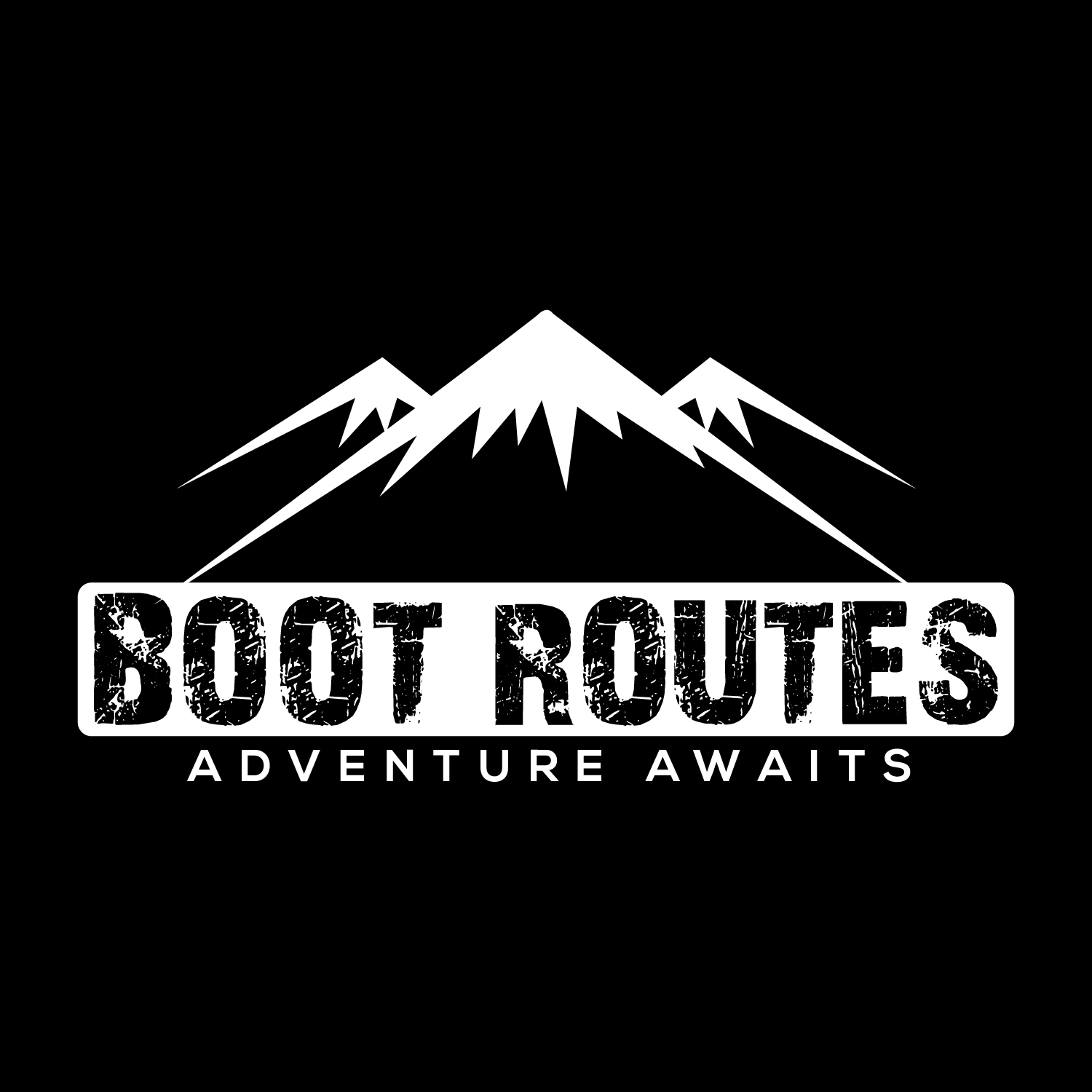Getting out onto the moors, hills and mountains in the UK is a great way to escape the hustle and bustle of day to day life, but having the right kit is key to ensuring you remain safe and your day out doesn’t turn into a nightmare. It is also quite important that you are familiar with all the kit you take with you and know how to use it. You should have the confidence that your kit will look after you, and there is an old saying that if you look after your kit, then your kit will look after you. Here we look at a basic kit list that you will need for a day out on the British hills, some of which is essential, and some of the kit you will only need in an emergency but still needs putting in your rucksack.
ESSENTIAL KIT
A good pair of boots. Ideally something with good ankle support and an aggressive sole to stop you slipping on wet grass. Probably the most important piece of kit you will purchase. Don’t skimp on the socks either.
A decent pair of waterproofs - i.e waterproof jacket and trousers. Ideally they need to be made from a fabric that is breathable, such as Gore Tex, which helps take the moisture away from your body. None breathable waterproofs will leave you cold and damp. Just remember, “Buy cheap, buy twice”
Map and compass. But more importantly the knowledge of how to use them. Also make sure the map covers the area that you are walking in. Keep the compass away from your phone and anything metallic.
Fully charged mobile phone. Handy to have in an emergency, and try to avoid using it solely as your only means of navigation. Using GPS on your phone will drain the battery, use map and compass instead, and keep your phone warm in an inside pocket.
Hat and gloves. Even in the height of summer the weather in the UK can be unpredictable, most of your body heat is lost through your head so cover it up, and a decent pair of gloves with help keep your extremities warm allowing you function better.
Headtorch. Especially for the shorter winter days when you get caught out by the darkness, and a handy tool for signalling should something bad happen. Don’t forget spare batteries for your head torch.
Enough food and drink for the day. A day on the hills can zap all your energy, replacing it with high energy bars and plenty of fluids is essential to help keep your energy levels up, and being hydrated and fuelled also helps you stop making bad decisions.
Whistle. For emergency use, fingers crossed you’ll never need to use it, but handy to have if you do need it.
First Aid Kit. Basic first aid kits don’t cost an arm and a leg, and you can always add some compede plasters for any hot spots or blisters that develop. Also ensure that you take any mediation that you need and that someone in your group knows where to find it if needed.
Spare insulation layer. The tendency is to hike up a mountain and stop to enjoy the views. However the temperature is lower on higher grounds and your body temperature can drop quickly. An extra layer or jacket is ideal for putting on when you stop to help keep you warm until you get moving again.
Rucksack. You will need a pack to put all your stuff in, ideally something about 35 litres size. It is also essential that you put all the contents of your rucksack inside a dry bag or bin bag inside the rucksack. Without a dry bag or bin bag, any rain or water will find its way in and wet everything inside.
There are numerous other items you could add to the above list, GPS, Blizzard Blanket, Bothy Bag, spare gloves, goggles, etc etc. Remember to always check the weather before you head out and dress appropriately.













